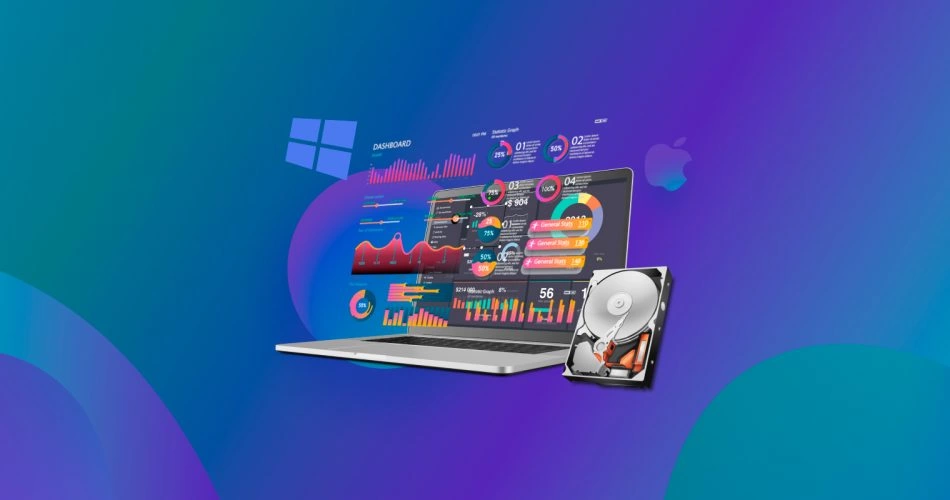The entertainment industry has always been at the forefront of adopting new technologies to enhance the audience’s experience. From the invention of the first motion picture camera to the latest virtual reality headsets, technology has transformed the way we consume entertainment. In this blog post, we’ll take a deep-dive into the different ways technology has impacted the entertainment industry.
Virtual Reality

Virtual Reality (VR) is one of the most exciting technological advancements in the entertainment industry. VR allows users to experience a completely immersive environment that feels like reality. This technology has been used in gaming and film, and it’s starting to make its way into live events.
VR headsets are now being used to bring fans closer to their favorite artists, allowing them to experience concerts and performances in a whole new way. This technology can also be used to create virtual reality tours, giving fans access to backstage areas and other exclusive locations.
Artificial Intelligence

Artificial Intelligence (AI) is another technology that’s transforming the entertainment industry. AI is being used to personalize the audience’s experience, making it more interactive and engaging. For example, AI can be used to create chatbots that can answer questions from the audience or to analyze data to make recommendations for future events.
AI is also being used to create more realistic characters in movies and games. AI can be used to analyze facial expressions and movements to create more lifelike characters that look and act like real people.
Augmented Reality

Augmented Reality (AR) is a technology that’s being used to enhance the audience’s experience in a variety of ways. AR allows users to interact with virtual objects in the real world, creating a unique and immersive experience. This technology is being used in gaming and live events to create interactive experiences for the audience.
For example, AR can be used to create interactive stages for concerts, allowing the audience to interact with virtual objects on the stage. AR can also be used to create interactive experiences in theme parks, allowing visitors to interact with virtual characters and objects.
Streaming Services

Streaming services have completely transformed the way we consume entertainment. With the rise of platforms like Netflix, Amazon Prime, and Disney+, consumers now have access to a vast library of movies, TV shows, and documentaries that they can watch on demand.
Streaming services have also revolutionized the way we consume live events. With the COVID-19 pandemic, many live events were canceled or postponed, and streaming services became the only way for fans to experience live events. Streaming services have also made it easier for fans to access live events that they may not have been able to attend in person.
Social Media

Social media has become an essential tool for the entertainment industry. Platforms like Facebook, Instagram, and Twitter have allowed artists to connect with their fans in a more personal way. Social media has also allowed fans to interact with each other and share their experiences.
Social media has also become an essential tool for marketing and promotion. Artists and event organizers can use social media to promote their events and connect with their audience. Social media can also be used to create buzz and excitement around upcoming events.
Ticketing Platforms

Ticketing platforms have also undergone significant technological advancements in recent years. Platforms like Eventbrite, Ticketmaster, and Tixel have made it easier for consumers to purchase tickets for events. These platforms have also made it easier for event organizers to manage their events and sell tickets.
Tixel is one of the newest ticketing platforms, and it’s quickly becoming the go-to platform for music fans. Tixel is different from other ticketing platforms because it’s a fan-to-fan marketplace that allows fans to buy and sell tickets. Fans don’t have to pay inflated prices for tickets, and event organizers don’t have to deal with scalpers. Tixel also offers a secure ticket transfer system, which ensures that tickets are legitimate and can be safely transferred to the buyer.
In conclusion, technology has transformed the entertainment industry and will continue to do so in the future. As consumers, we can look forward to more immersive and interactive experiences, and as event organizers, we can use technology to create more engaging and exciting events for our audience. With platforms like Tixel, we can also ensure that the ticketing process is fair and secure for everyone involved.





